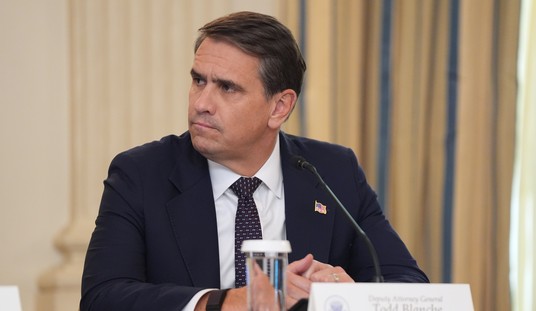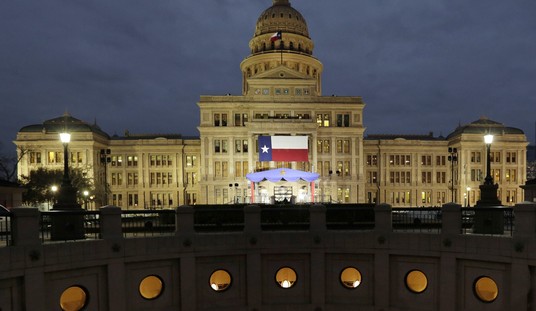As surely as night follows day, there is an effort underway to discredit the reputation of retired USMC General James Mattis. Mattis is not only a highly respected officer (within the USMC one might call him legendary), he seems poised to be Donald Trump’s Secretary of Defense. The charge is not legally significant but it comes within a hair of calling out Mattis as, at worst, a coward or, in its most benign interpretation, a bureaucratic Colonel Blimp who is perfectly willing to let other Americans and their allies die because it isn’t his job to help them.
A retired Green Beret officer alleged Friday that Gen. James Mattis, who has been nominated to be the next defense secretary, hesitated to send medical evacuation flights and left soldiers to die during a 2001 friendly fire incident in Afghanistan.
Retired Lt. Col. Jason Amerine, in a Facebook post, said a delay by Mattis in sending rescue aircraft from a nearby base might have led to the deaths of Staff Sgt. Brian Cody Prosser and at least two Afghans after they were hit by a U.S. bomb outside of Kandahar.
“He was indecisive and betrayed his duty to us, leaving my men to die during the golden hour when he could have reached us,” wrote Amerine, who is a future of war fellow at the New America think tank in Washington, D.C.
….
The 2001 friendly fire incident, which was chronicled in the book The Only Thing Worth Dying For (editor note: Amazon link), occurred while Mattis was in command of Camp Rhino in southern Afghanistan where aircraft were stationed. Amerine was leading a group of 10 Special Forces soldiers.The Green Berets were with future Afghan President Hamid Karzai and were helping to bring about an initial Taliban surrender when the bomb struck.
“Every element in Afghanistan tried to help us except the closest friendly unit, commanded by Mattis,” wrote Amerine, who was awarded a Bronze Star with V device and a Purple Heart for his service during the mission. “Men were ready to drive to get us or send horses from the other side of the country if that was what it took.”
At the time, Mattis was reluctant to send aircraft without knowing the situation on the ground, according to an account in The Only Thing Worth Dying For.
“Well, if they’ve taken fire and you can’t tell me definitively how they got all scuffed up, I’m not going to send anything until you can assure me that the situation on the ground is secure,” Mattis is quoted as saying.
You can read the chapter in question from the book here (pdf link).
I wasn’t there and far be it from me to second guess what happened there. Combat command is rarely cut-and-dried and virtually every decision, from which squad walks point and on, is fraught with potentially lethal consequences.
In Mattis’s defense I will note that a) some unit was undoubtedly tasked to provide Medevac support for this Special Forces team — this is a basic part of any operations order — and that person was not Mattis. It seems to me that in order to evaluate this claim we should be told who the responsible unit was and why they did not respond. And b) I am more than a little unclear as to why the men seeking assistance couldn’t provide some pretty basic information about the situation on the ground. Contrary to what you see in movies, doctrine says we don’t send Medevac ships into hot Landing Zones for the obvious reason that you are more likely to lose the helicopter to enemy fire than you are to extract the wounded. Mattis would have been well within his rights to be reluctant to send an aircraft into an uncertain situation.
Would I have made the same decision? I don’t know and, thank Heaven, I never will.
If this took place as described in the book, then it was a singular incident in Mattis’s career. There is an equally good chance that the story we are being told is one viewpoint of a very complex series of decisions and actions. Regardless of what happened here there is nothing that is germane to the fitness of Mattis to serve as Secretary of Defense.













Join the conversation as a VIP Member